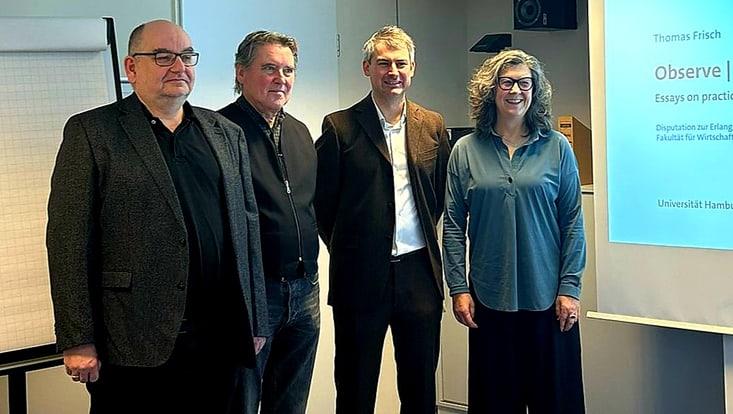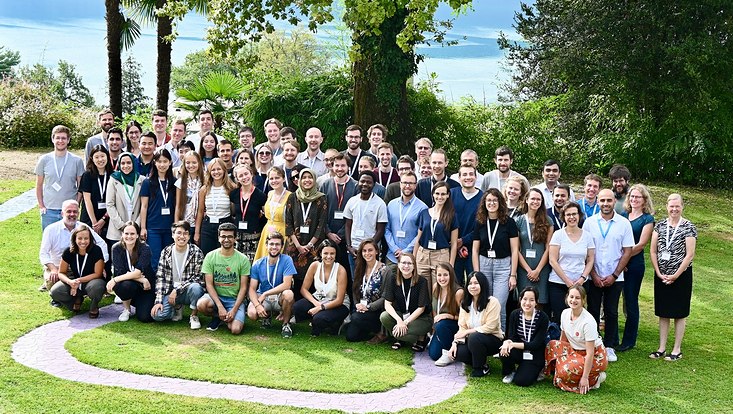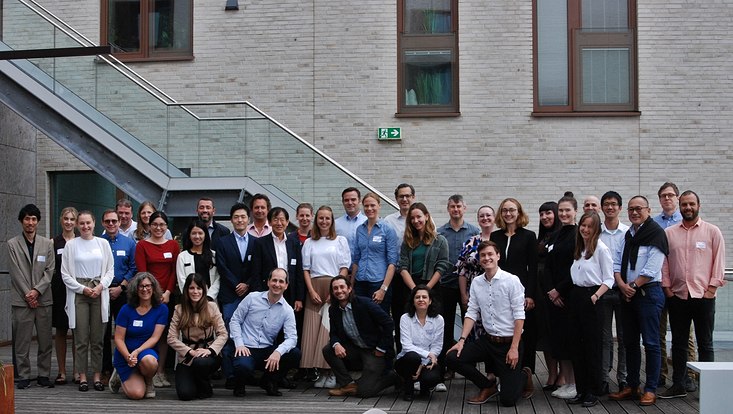D°GREES - Decarbonization: Global Research on Effects in Enterprises and Societies
Publications B4
Chairs: Timo Busch (UHH), Anita Engels (UHH)
CLICCS-funded Scientists:
Team: Prof. Dr. Anita Engels, Prof. Dr. Timo Busch, Prof. Dr. Alexander Bassen, Prof. Dr. Stefanie Kley, Prof. Dr. Jürgen Beyer, Prof. Dr. Achim Oberg, Dr. Matthew Johnson, Brigitte Frank, Solange Commelin, Theresa Rötzel, Jakob Strobel
Achieving the goals of the Paris agreement requires fundamental changes in established production systems and in the use and provision of energy. Today, both are highly carbon-dependent. Due to investment cycles of several decades in key industries, the required transformation towards a low carbon development has to start immediately in order to avoid lock-in effects long into the second half of this century. The project seeks to understand if, how fast, and by which mechanisms deep decarbonization of the economy can be expected within the next few decades.
This is strongly influenced by social constructions of climate futures and by the dynamics of climate governance. We will create an innovative approach of long-term qualitative research on firms, their struggle with transformations towards a significant low-carbon business future, and the interactions of firms’ activities with the dynamics of regulation and financial markets. Looking at firms in selected countries, we will identify key organizational triggers of and barriers to this transformation and analyze how changes in legal, political, economic or broader institutional frameworks accelerate or hinder deep decarbonization of firms, including the adoption and broad diffusion of technological innovations. The sources of these triggers and barriers will be tested in econometric studies using existing quantitative firm-level data sets. By scaling up the results to the global level, we will provide a better understanding of the dynamics towards or away from deep decarbonization.
The main outcome of this research will be a yearly assessment of qualitative changes in the firms’ expectations about future business conditions and the related strategic and operational shifts. In the course of this funding period, we will strive to combine this with quantitative estimations about the degree of change towards or away from decarbonization that can be plausibly expected. This assessment will contribute to CLICCS’ overarching objective of identifying plausible emissions scenarios as integral aspect of plausible climate futures.
More information about the D°GREES project can be found here
Contact: Dr. Matthew Johnson
Email: Matthew.Johnson"AT"uni-hamburg.de
Tel.: +49 40 42838 4165




